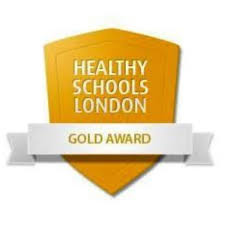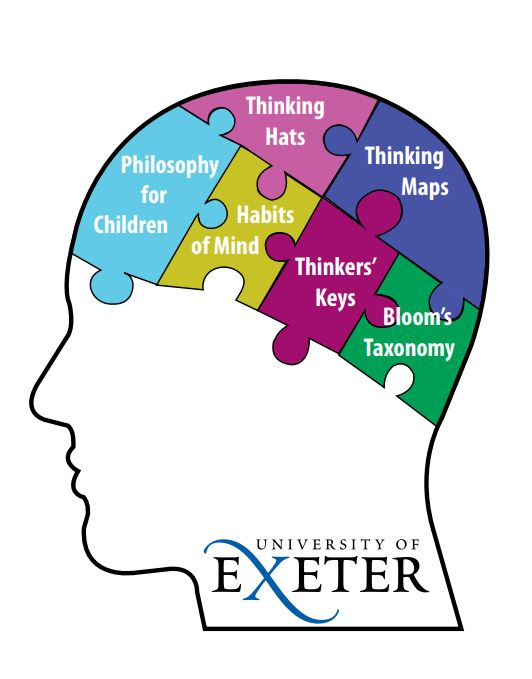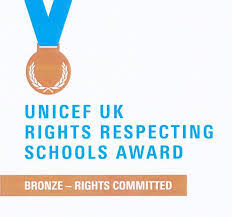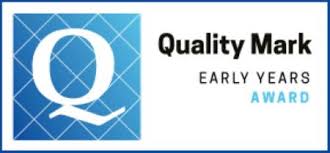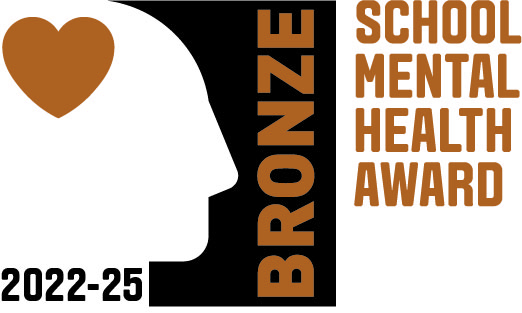CAMHS and CAMHS in School
What is CAMHS?
At Hillcross we are extremely lucky to be able to offer parents support from the Targeted Mental Health in Schools Service (TaMHS) team. The team has developed a range of strategies and interventions to support schools in responding to the emotional wellbeing needs of their pupils. Alongside this, the clinicians work in partnership with CAMHs (Children and adults mental health service), offering pre and post-diagnosis support to families.
At Hillcross, the clinicians are Rosie Waterfield (Counselling Psychologist & Clinical Lead/Supervisor and Rachel Bryne (Art Psychotherapist & Primary Mental Health Worker). They both work closely with staff and families in responding to the emotional wellbeing needs of the children. They are also able to provide mental health assessments and treatments for children, young people (aged 5-18) and their families living in the London Borough of Merton.
It’s no secret that mental health problems are on the rise amongst young people. A quarter of parents say that exam stress has taken its toll on their children’s mental wellbeing, and half of all long-term mental illnesses first emerge before a person turns 14.
For many children with mental health difficulties, a referral to CAMHS – Child and Adolescent Mental Health Services – is the first step towards getting help.
CAMHS professionals include:
Psychologists: help children and their families explore how the difficulties they’re facing affect their emotions, behaviour and thinking.
Psychotherapists: work with children and families to look at what might be causing their difficulties, for example, their early experiences.
Psychiatrists: medically qualified doctors who can diagnose and prescribe medication for a range of mental illnesses.
Family therapists: give children and families a safe space to talk about their difficulties together.
Clinical social workers: help support families who are referred to CAMHS. ‘Seeing a clinical social worker through CAMHS doesn’t mean you’ve been referred to social services, and shouldn’t ring alarm bells,’ adds Emma.
Nurses: care for and support young people, and may prescribe certain medications.
The crucial difference between CAMHS and adult mental health services is that CAMHS has a holistic, family focused approach. They will never treat a child in isolation, without involving the parents and possibly other members of the family, and they all consult together as a team of professionals to come up with an individual plan.
They cover the following conditions:
Anxiety disorders in children, cognitive behavioural therapy, depression; panic disorder, phobias, post-traumatic stress disorder, self-harm, social anxiety disorder (social phobia); and suicide.
Referrals to the service can be made from a variety of professionals, including your GP, teacher, school nurse, or any other health or educational professional if they feel you need help.
Why do we need CAMHS in school support?
Did you know?
- Three children in every classroom have a diagnosable mental health disorder. (House of Commons Briefing Paper ‘NEET : Young People Not in Education, Employment or Training”, James Mirza-Davies, 2014)
- One in 10 children deliberately harm themselves regularly. (Managing self-harm in young people, Royal College of Psychiatrists, 2014)
- 10% of children and young people (aged 5-16 years) have a clinically diagnosable mental health problem, yet 70% of children and adolescents who experience mental health problems have not had appropriate interventions at a sufficiently early age. (Children’s Society, 2008)
- The number of young people aged 15-16 with depression nearly doubled between the 1980s and the 2000s. (Social trends and mental health: introducing the main findings London: Nuffield Foundation, 2012)
Please see information below from Camhs - a crisis line to help in times of need.


